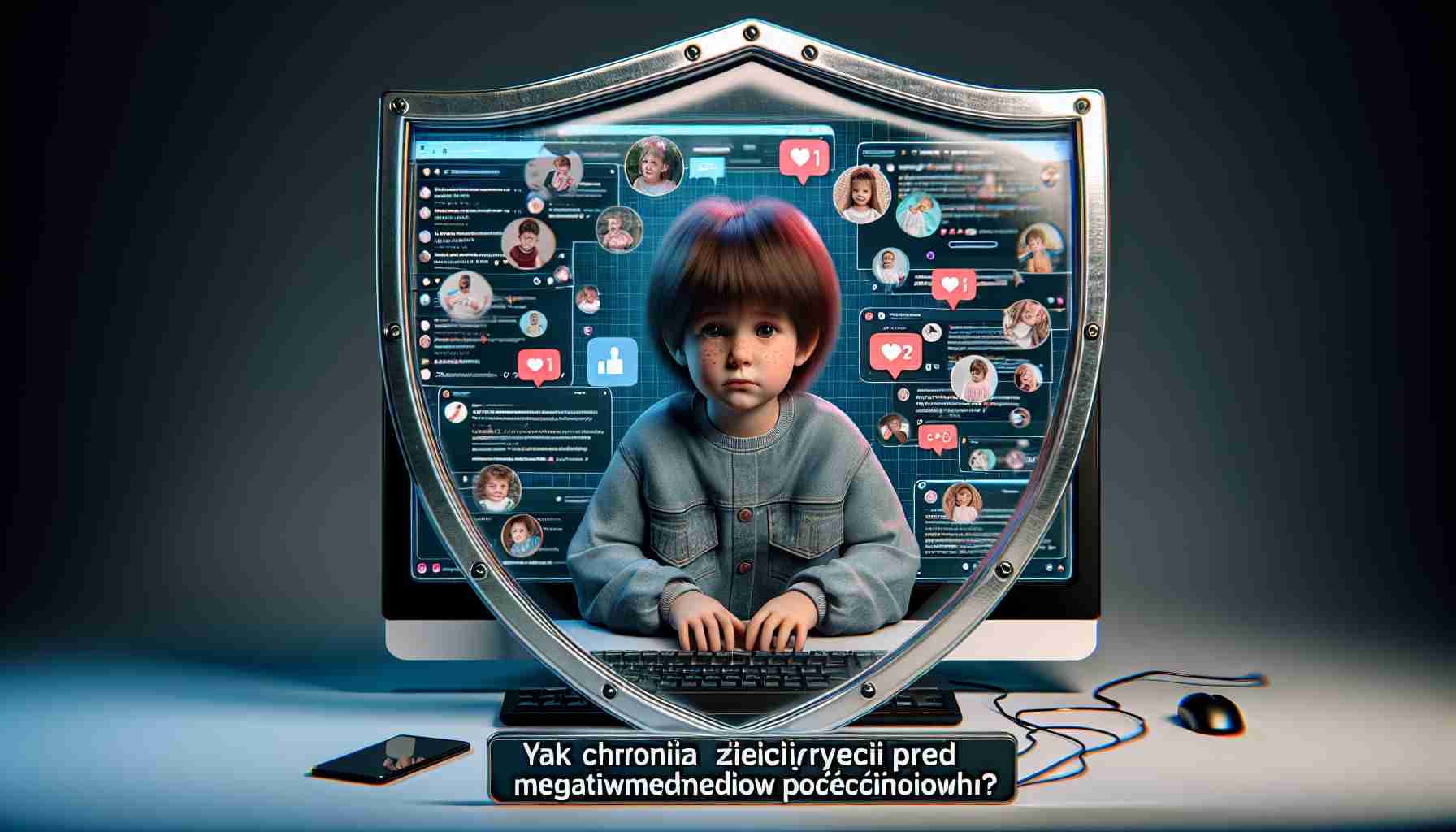Giving children smartphones and access to social media at an appropriate age is a highly controversial topic. How can we protect our children from harmful content online? This question troubles every parent in Poland.
Scientific research clearly indicates that the 15-year experiment with social media and smartphones in the United States has had disastrous effects on our children’s mental health. This was warned by the US Surgeon General, Vivek Murthy. We all know this – every parent, teacher, and teenager is aware. However, the CEOs of tech giants, who make billions by addicting our children to their toxic and addictive applications, seem to disregard these facts.
Recently, representatives from companies such as Meta, Snapchat, X, TikTok, and Discord testified before the Senate Committee on Judiciary, assuring that they are working to make their products safe for children – similar to how representatives of the tobacco industry once assured that smoking does not harm health. Meanwhile, hundreds of mothers and fathers held pictures of their children who have fallen victim to drugs, cyberbullying, eating disorders, or exploitation of compromising photos.
Mark Zuckerberg, CEO of Meta, assured senators that social media does not have a negative impact on the mental health of teenagers, despite the opposing results of many scientific studies and internal analyses conducted by Instagram.
Meanwhile, as parents, we cannot rely on politicians to solve this problem. The complex legal system and millions of dollars spent by tech companies on lobbyists make real legislative changes unrealistic.
So what should we do? We can listen to the advice of Surgeon General Vivek Murthy and start acting early. Gather with other parents in a group of your children’s friends and collectively decide to refrain from using smartphones and social media. Organize a “conspiracy for the good” of your children so that none of them are exceptions. Limit access to social media for your teenagers during periods when their mental health, social life, and brain development are most vulnerable. Instead of smartphones, you can give teenagers “dumb” phones like Pinwheel, Gabb Wireless, or LightPhone, which allow for messaging and calling but not internet access.
This approach has definitely benefited me while raising my teenage children.
It is important to help children build real, not virtual, social relationships. Invest in a ping pong table or have a bonfire in the backyard. Make your home a place where children happily spend time with their friends. Go on hikes along nearby trails where your children can discover a love for nature. Maybe it’s worth trying to find a nearby park with a volleyball court? Tell your children the truth about how algorithms from Silicon Valley manipulate users and negatively affect their mental health. Watch documentaries with them on this topic, such as “The Social Dilemma” available on Netflix. Help your children understand that the aim of these applications is to addict them, steal their time, and separate them from real friends. Give your children the confidence that they can be better than their screen-addicted peers.
Of course, older teenagers need to learn how to use smartphones, but under appropriate supervision. Some experts recommend waiting until the age of 16, or even longer. When you believe your child has sufficient self-control to handle a pocket-sized supercomputer, introduce the rule that the phone is a “family phone” that you allow them to use. Support for this policy can be ensured by setting the same password on all devices. This approach significantly reduces the temptation to venture into dangerous corners of the internet.
In our home, we have a freedom basket in the kitchen where we put our phones when we enter the house and leave them charging overnight. We joke with our children that they are not cyborgs and don’t need to be on the computer all the time. (The hardest part about this is that it requires us – the parents – to model this behavior with our own smartphones. Oh!)
Let’s not forget about setting appropriate boundaries even for older teenagers. Widespread and explicit sexual content removes romance and beauty from the equation. It distorts young people’s perception of sex and complicates their ability to form healthy relationships – and even to date, as recent data suggests.
Remember that the dark side of social media is ubiquitous. Do teenage girls benefit from using apps with filters that simulate plastic surgery? What about the endless stream of TikTok influencers glorifying eating disorders, self-harm, and even drunk driving? Let us also think about attention span reduction and mind control that pushes young users towards extreme political positions when social media becomes their main source of information.
Dr. Arthur Brooks, a professor at Harvard University who studies human happiness, has wise advice for teenagers who want to avoid social media pitfalls. He suggests that young people can spend a maximum of 30 minutes a day on all platforms, for a specific time period during the day, on the family computer. He also recommends deleting social media apps from smartphones to avoid the temptation of browsing them all the time.
During the hearing, Senator Amy Klobuchar (D-Minn.) compared a mother’s efforts to protect her children from online threats to:
FIVE KEY QUESTIONS ABOUT PROTECTING CHILDREN FROM ONLINE THREATS
The source of the article is from the blog maltemoney.com.br
